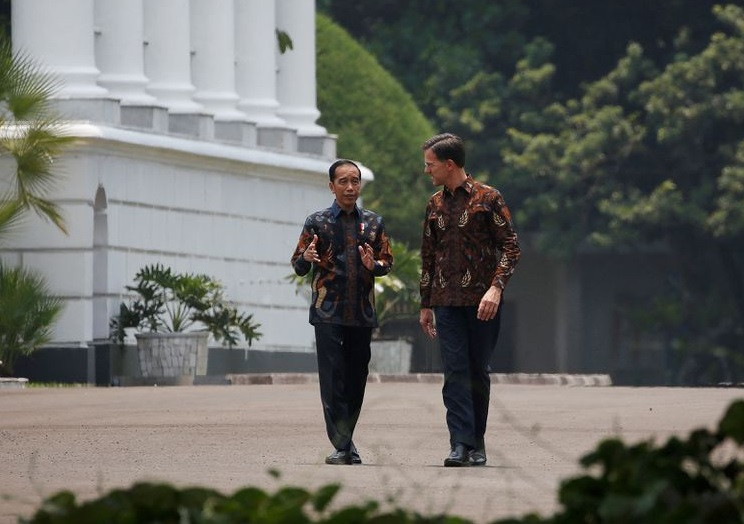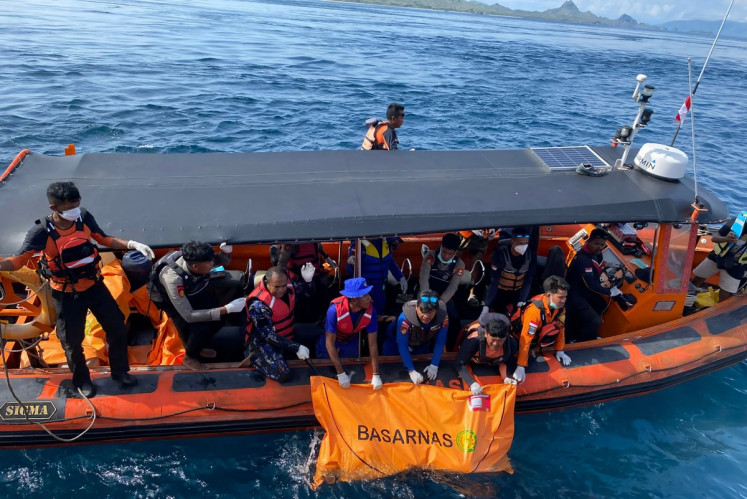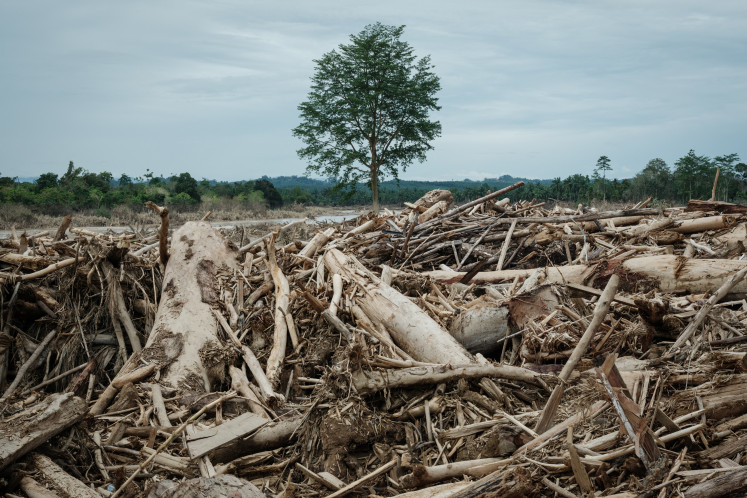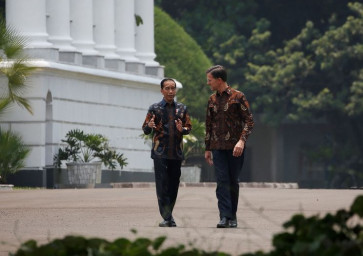Popular Reads
Top Results
Can't find what you're looking for?
View all search resultsPopular Reads
Top Results
Can't find what you're looking for?
View all search resultsIndonesian analysts question use of term 'extreme violence' in Dutch study
University of Indonesia (UI) historian Bondan Kanumuyoso said in a webinar on Tuesday that Dutch actions during the war of independence were legally war crimes, while questioning the reluctance of the researchers to use the term.
Change text size
Gift Premium Articles
to Anyone
The Jakarta Post/Jakarta
The absence of the terms “war crime” or “crime against humanity” in a study funded by the Dutch government on the 1945-49 Indonesian war of independence has sparked criticism in both countries. Critics believe the decision to use “extreme and systematic violence” to depict the armed conflict was made to avoid legal consequences.
Researchers found that the Dutch used large-scale, extreme and systematic violence with the approval of the senior military and political leadership to regain control at all costs in Indonesia.
The findings shattered the long-held official Dutch line that there were only isolated incidents of excessive violence by its forces as the colony it had held for 300 years broke away.
University of Indonesia (UI) historian Bondan Kanumuyoso said in a webinar on Tuesday that Dutch actions during the war of independence were legally war crimes, while questioning the reluctance of the researchers to use the term.
Legal expert and former foreign minister Hassan Wirajuda questioned the research findings that cited acts, such as torture, detention, killings and shelling of villages that were carried out systematically and with impunity but which failed to regard them as gross violations of human rights.



















